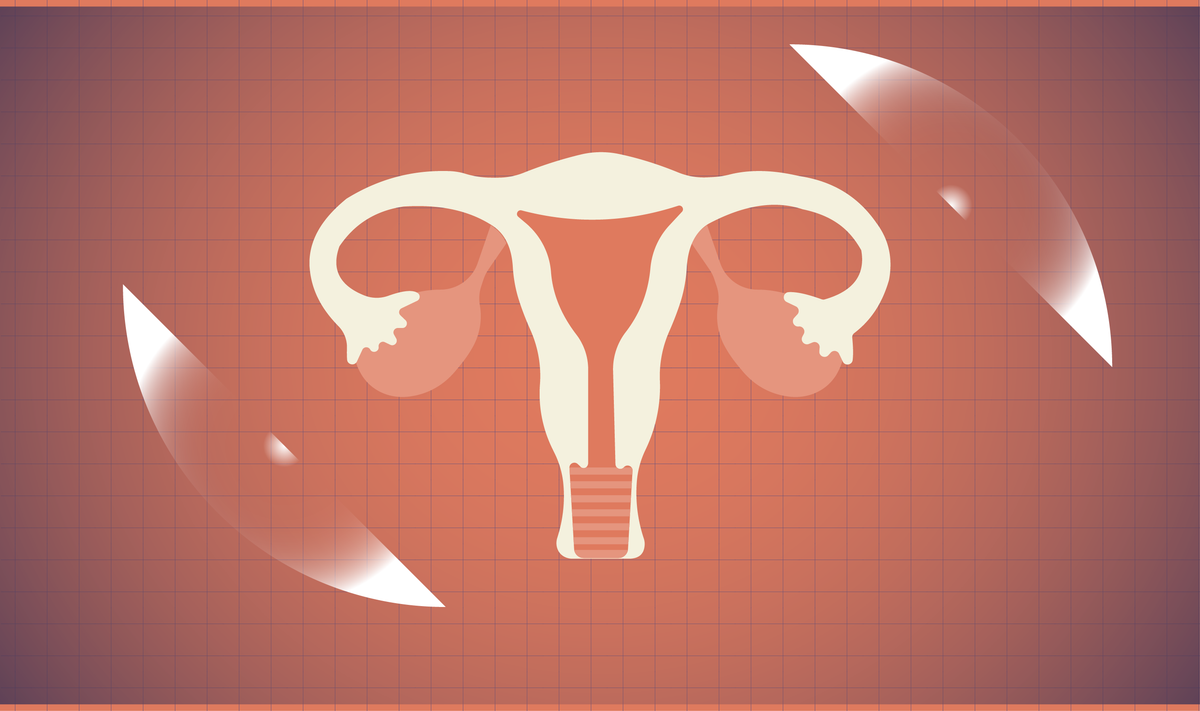Posts highlight medical emergencies among pregnant ICE detainees
Other conversations discussed court rulings impacting reproductive health care access in some states.

Other conversations discussed court rulings impacting reproductive health care access in some states.
Last week, articles and social media posts called attention to medical emergencies among pregnant people in Immigration and Customs Enforcement detention centers, sparking conversation about miscarriage treatment. Other posts discussed a U.S. Supreme Court ruling impacting Medicaid coverage for Planned Parenthood services and a Wisconsin Supreme Court ruling confirming that abortions are legal in the state up to 20 weeks of pregnancy.
In response, communicators may share information about miscarriage treatment, recirculate information about low-cost reproductive health care services, and highlight local abortion laws.

Insights brought to you by the reporters and science writers of Public Good News (PGN), a nonprofit newsroom dedicated to improving community health.
What’s trending nationally in conversations about reproductive health:
Last week, articles and social media posts highlighted medical emergencies inside ICE detention centers, including emergencies involving pregnant people in custody. One Facebook post highlighted a 911 call from a nurse who lacked the necessary equipment to help a pregnant detainee showing signs of a miscarriage. The post received approximately 2.6 million views, 134,000 reactions, 62,000 shares, and 7,000 comments as of July 8. Most commenters expressed alarm at the lack of medical care available to pregnant people in ICE custody, particularly those who may need miscarriage treatment. However, one suggested that health care providers do not need medical equipment or medication to treat patients experiencing a miscarriage.
On June 26, the U.S. Supreme Court ruled that states can prevent Planned Parenthood from receiving Medicaid money and Medicaid patients cannot sue those states to access Planned Parenthood health services. Social media users discussed the ruling across platforms, and reactions were split. Some posts suggested that Planned Parenthood should not receive Medicaid money since the organization provides abortions. Others correctly stated that Planned Parenthood offers a variety of services, including cancer screenings and contraception, and expressed concern for Medicaid patients who may struggle to find affordable reproductive health care.
On July 2, Wisconsin’s Supreme Court struck down the state’s 1849 abortion ban, which temporarily went back into effect in 2022 after the U.S. Supreme Court overturned Roe v. Wade. In 2023, a Wisconsin judge ruled that the 1849 law outlawed infanticide, not abortions. Since then, people have been able to get abortions in Wisconsin up to 20 weeks of pregnancy or after 20 weeks if the health or life of the pregnant person is at risk. Social media users celebrated the news across platforms, calling the decision “a win for our state.” However, some posts falsely equated abortion with infanticide and suggested that the decision will lead to more infant deaths.

Recommendations brought to you by the health communication experts behind Infodemiology.com.
Recommendations for public health professionals
Each week, the Infodemiology.com team will provide messaging recommendations in response to some of the trending narratives outlined above. These helpful tips can be used when creating content, updating web and FAQ pages, and developing strategy for messaging about reproductive health.
In light of online discussions about miscarriage treatment, messaging may outline the signs of a miscarriage and encourage pregnant people experiencing heavy bleeding, abdominal or low back pain, or a decrease in pregnancy symptoms to contact a health care provider right away. Messaging may also explain that if pregnancy tissue remains in the uterus after a miscarriage, it can lead to complications like severe bleeding or a life-threatening infection. Some patients may need to take medication or have surgery to help remove pregnancy tissue.
As Medicaid patients in some states lose access to Planned Parenthood services and budget cuts close Planned Parenthood health centers, communicators in impacted areas may direct people to other local health centers that offer low-cost cancer screenings, birth control, STI testing and treatment, prenatal care, emergency contraception, and other forms of reproductive health care. Sharing information about at-home STI testing and services that offer birth control and abortion pills through the mail is recommended.
Discussion surrounding Wisconsin’s recent Supreme Court decision provides an opportunity to recirculate information about abortion laws in Wisconsin and elsewhere. Communicators may also want to direct people to the Repro Legal Helpline, a free resource that connects people with lawyers who can answer questions about miscarriage, abortion, and birth and supports pregnant people who are being denied lifesaving care. Communicators may recirculate resources like AbortionFinder.org, which helps people find reputable abortion providers, and Plan C, which offers information about accessing abortion pills in every state.
